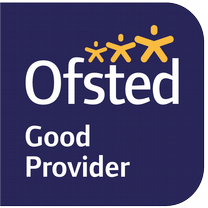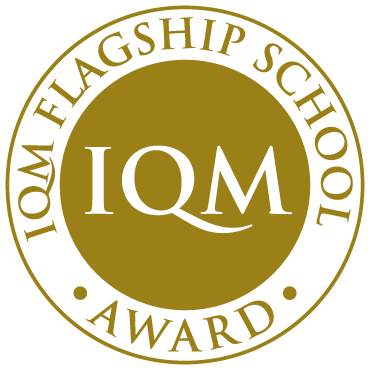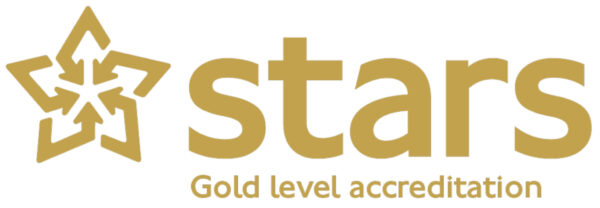
At Bush Hill Park Primary School we aim to sustain and develop a rich curriculum in mathematics supported by the main principles of Teaching for Mastery in association with the high-quality learning tools that the NCETM and White Rose Hub provide.
The principles and characteristics of our mathematics curriculum:
- Concrete, pictorial, abstract representation modelled by staff and utilised by pupils
- Vocabulary rich environment
- Development of mathematical fluency through carefully designed 'number of the day' tasks
- Children embed learning through full mathematical sentences
- Carefully designed variation
- Questioning that highlights misconception, secures knowledge and deepens understanding
- Ensure that all available learning time is utilised proficiently; including that of transitions
- Learning follows a clear narrative, which is displayed in the planning and supporting resources
- Cognitive load is reduced so that learners are encouraged to focus on the learning intentions
- Live modelling of concepts is paramount
- Children access curriculum content at the same pace – ‘keep up don’t catch up’ approach
- Lesson design and implementation allows for key concepts to be broken down and embedded before new concepts are explored
- Teaching for Mastery at the heart of our intent and implementation
- Opportunities for oracy are an integral part to everyday practice; through class discussions and reciting and recalling facts
- The Master's Glasses reasoning strands are weaved into daily lessons to develop pupils' skills in: explaining, evaluating, convincing and proving. This enables pupils to confidently articulate their understanding of mathematical concepts covered within our curriculum
- Arithmetic is practised throughout the week; during lessons and during specific arithmetic slots during the week
- Harvest prior mathematical knowledge with daily pair and group work opportunities
- Provide pupils with increased opportunity to problem-solve and think critically through the use of 'I see problem solving' resources and high-quality teacher modelling
Enriched opportunities enable our pupils to become self-motivated, confident learners who are able to use and apply mathematics, in a wide range of situations. Our mathematics curriculum employs approaches that help pupils to develop a deep and secure knowledge and understanding of mathematics at each stage of their learning journey, as well as enjoyment and passion for the subject. We recognise that mathematics is uniquely powerful in helping children; to make sense of and describe the world around them. We also promote mathematical thinking and inquiry to challenge and extend learners potential.




